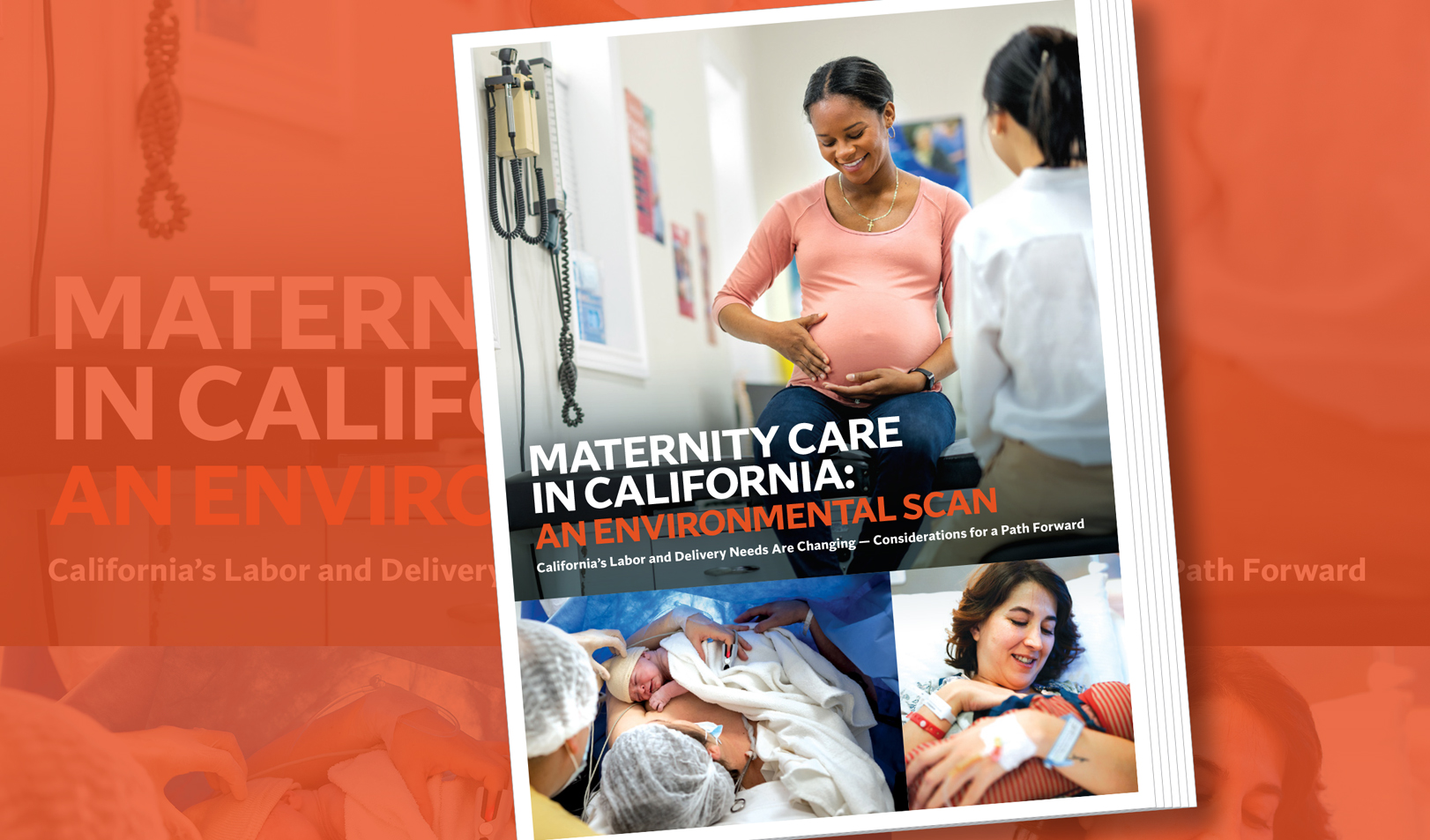The newsroom includes access to CHA News, which provides timely information to members every Thursday and is at the core of CHA benefits. In addition, it is also home to resources such as toolkits and talking points designed to help member hospitals and health systems communicate with internal and external audiences on a range of current health care-related issues. Links to CHA media statements and press releases can also be found here.
Newsroom
CHFFA Accepting Applications for Children and Youth Mental Wellness Grant Program
Applications are now being accepted for the California Health Facilities Financing Authority (CHFFA) third funding round for the Investment in Mental Health Wellness Grant Program for Children and Youth.
CalHOPE Offers Free Behavioral Health Help
Due to events this past year, many adults and children have experienced some level of collective trauma as a result of the COVID-19 pandemic. For those who need behavioral health care, CalHOPE, a multi-media campaign launched in June 2020, connects people impacted by COVID-19 to free outreach, crisis counseling, and support services.
CMS Announces Increased Reimbursement For Monoclonal Antibody Administration
The Centers for Medicare & Medicaid Services (CMS) has increased the Medicare payment rate for the administration of monoclonal antibodies for the treatment of beneficiaries with COVID-19.
CHA Resources Available to Assist in Preparing Hospital Supplier Diversity Reports
As the July 1 deadline approaches for submitting hospital supplier diversity reports to the Office of Statewide Health Planning and Development (OSHPD), CHA has developed FAQs to assist hospitals in preparing their reports on minority, women, LGBT, and disabled veteran business enterprise procurement efforts. In addition, more information is available in this CHA on-demand webinar featuring OSPHD staff and guidance and suggested templates for hospitals and systems from OSHPD.
Nursing Report Looks at Current and Future Challenges, Opportunities
Following a virtual summit organized last year by the Tri-Council for Nursing, the group released a report titled Transforming Together: Implications and Opportunities from the COVID-19 Pandemic for Nursing Education, Practice, and Regulation, which details the blueprint for action that spans care settings, educational environments, regulatory agencies, and policy forums.
Updates for the Week of May 3
The Centers for Medicare & Medicaid Services issued the following updates this week:
HRSA Announces Availability of Grants for Health Center Construction and Renovation
The Health Resources and Services Administration (HRSA) recently announced the availability of $1 billion in funding available for health centers appropriated by the American Rescue Plan (ARP). To be eligible, an organization must be an existing health center receiving Health Center Program operational support under sections 330(e), (g), (h), and/or (i) of the Public Health Service Act at the time of application...
CHA Webinar Will Detail 2022 Inpatient Psychiatric Facilities Proposed Rule Updates
On May 21 from 11 a.m. to noon (PT), CHA will host a complimentary, members-only webinar to detail the Centers for Medicare & Medicaid Services (CMS) proposed rule updating the inpatient psychiatric facility (IPF) prospective payment system for fiscal year 2022.
CMS to Host Training on IRF Quality Reporting Program Rate Increase
The Centers for Medicare & Medicaid Services will host a webinar on May 19 from 10 to 11:30 a.m. (PT). The webinar will discuss the relationship between the annual increase factor and the inpatient rehabilitation facility quality reporting program, including associated data submission requirements, and the reconsideration process for facilities identified as being noncompliant. A recording will be available shortly after the...

